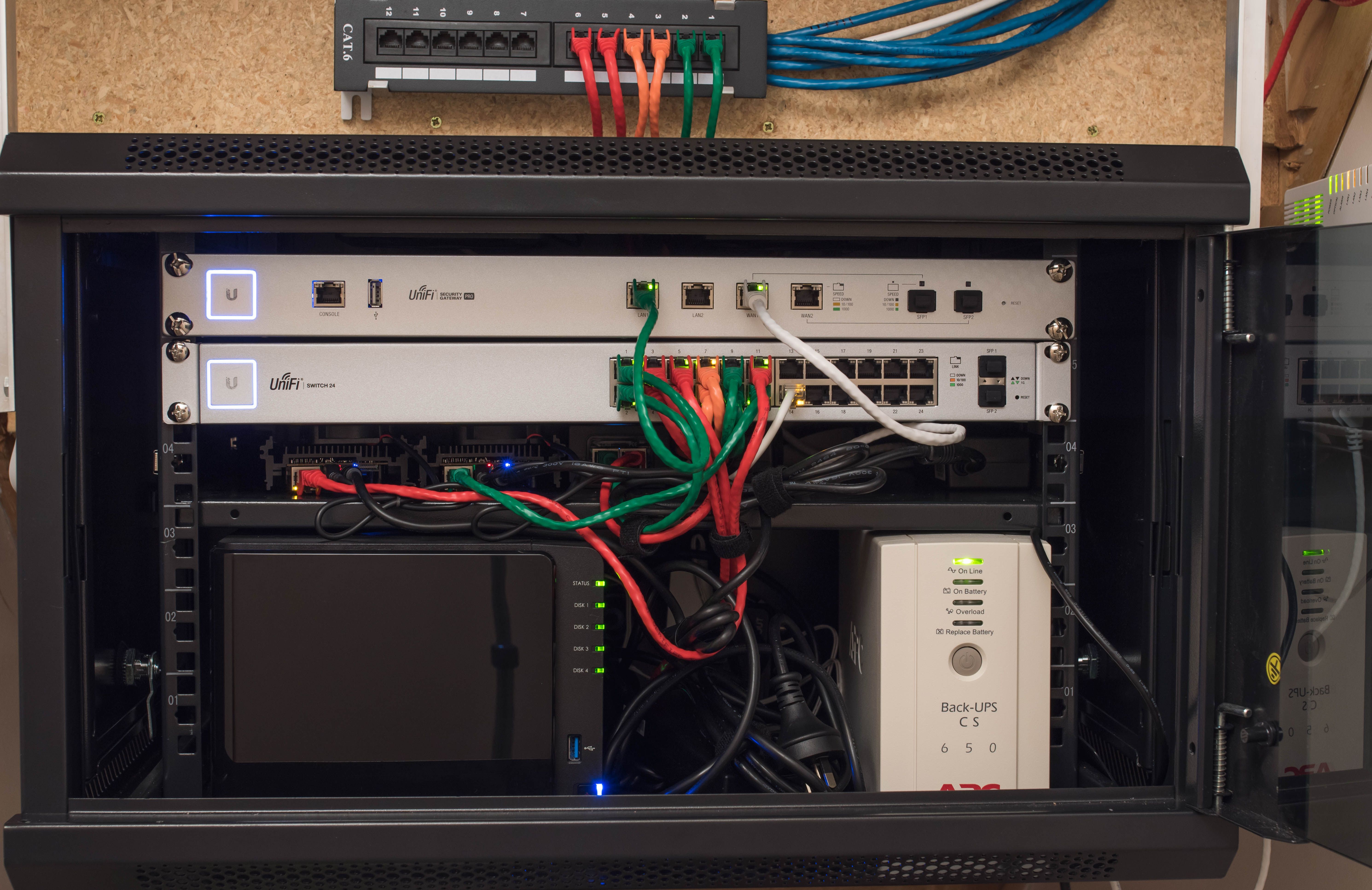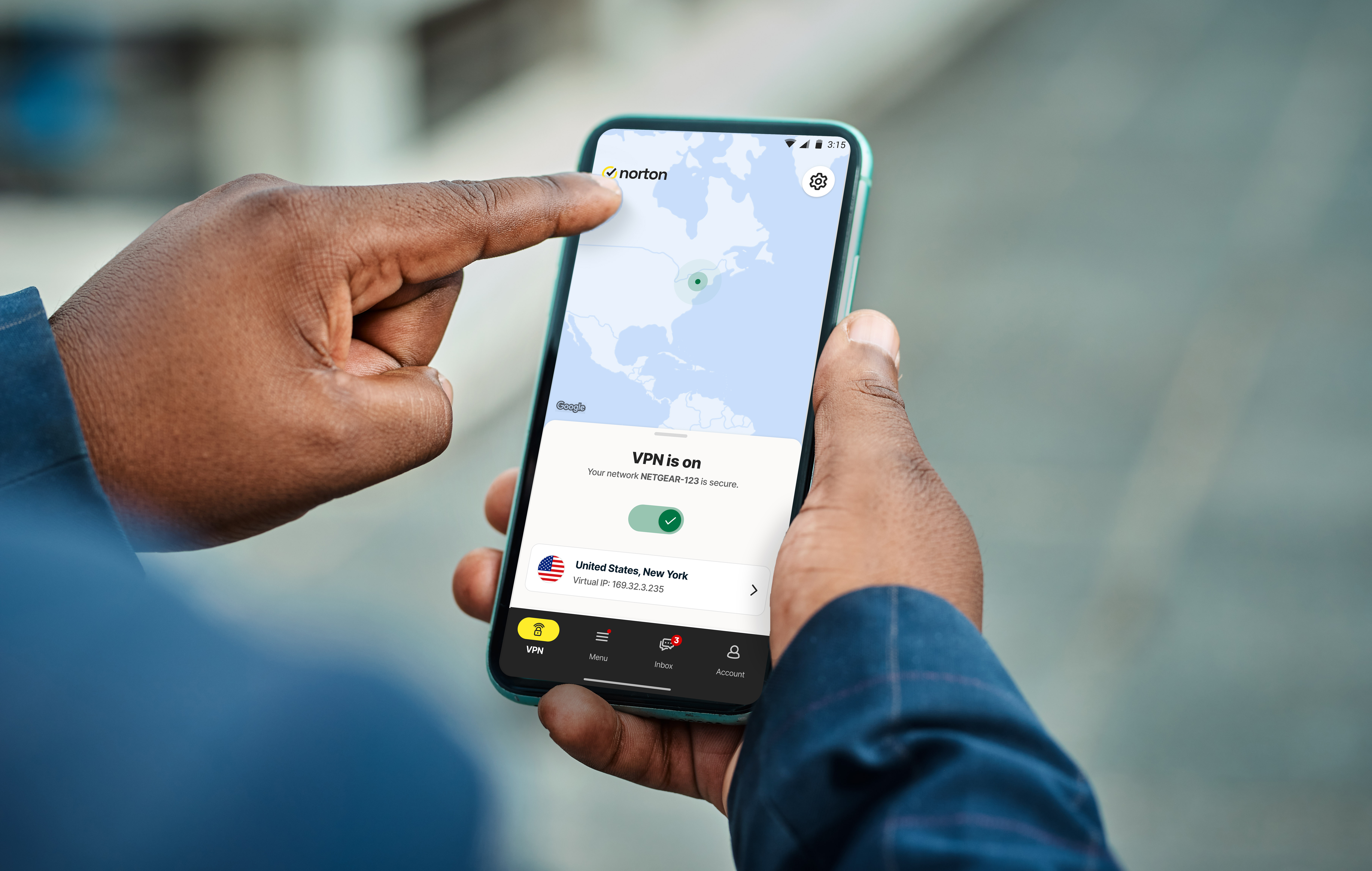Cyberscam industry continues to thrive as raids fail to contain worldwide spread
The cyberscam industry is worth billions, and is continue to grow to new countries.

- There are hundreds of scam farms across Southeast Asia, the UN is saying
- Local governments are conducting raids, but they're ineffective
- The industry is spreading into Africa and South America
Despite governments and law enforcement agencies in the Southeast Asian region trying their best to contain the threat, the scam industry is thriving, taking advantage of the fact that there are many remote, inaccessible regions, and many impoverished, undereducated people to abuse.
This is according to a new report from the United Nations Office on Drugs and Crime (UNODC). As reported by Cybernews, UNODC said the scam industry is a “multibillion-dollar” one and it’s expanding globally to include South America and Africa.
It originated in Southeast Asia, where there are “hundreds” of large-scale farms, housing tens of thousands of workers. Some of these people were even trafficked and forced to work in these scam farms. These farms are generating “tens of billions of dollars” in annual profits, the UNODC said.

Keeper is a cybersecurity platform primarily known for its password manager and digital vault, designed to help individuals, families, and businesses securely store and manage passwords, sensitive files, and other private data.
It uses zero-knowledge encryption and offers features like two-factor authentication, dark web monitoring, secure file storage, and breach alerts to protect against cyber threats.
Preferred partner (What does this mean?)View Deal
Spreading like cancer
Governments of Southeast Asian countries, such as China, Thailand, Myanmar, and many others, are persistently trying to disrupt these activities, but they’re apparently not achieving much, since the groups can simply pick up and move elsewhere.
“It spreads like a cancer,” said Benedikt Hofmann, UNODC acting regional representative for Southeast Asia and the Pacific. “Authorities treat it in one area, but the roots never disappear; they simply migrate.”
“The regional cyberfraud industry... has outpaced other transnational crimes, given that it is easily scalable and able to reach millions of potential victims online, with no need to move or traffic illicit goods across borders,” said John Wojcik, a regional analyst with UNODC.
The report mentions crackdowns in “lawless areas” of the Thai-Myanmar border, Cambodia, and elsewhere. The criminals would simply migrate to Laos, Myanmar, and other “most remote, vulnerable, and underprepared parts of Southeast Asia”.
The money stolen through fraud still needs to be laundered, which is why these groups are expanding into Africa and South America, where they’re partnering up with drug cartels. UNODC says operations are being established in Zambia, Angola, and Namibia, but also in Eastern European countries such as Georgia.
Via Cybernews
You might also like
- UN warns massive billion-dollar fraud networks are on the rise in Southeast Asia
- Take a look at our guide to the best authenticator app
- We've rounded up the best password managers
















































































































.jpg)




















